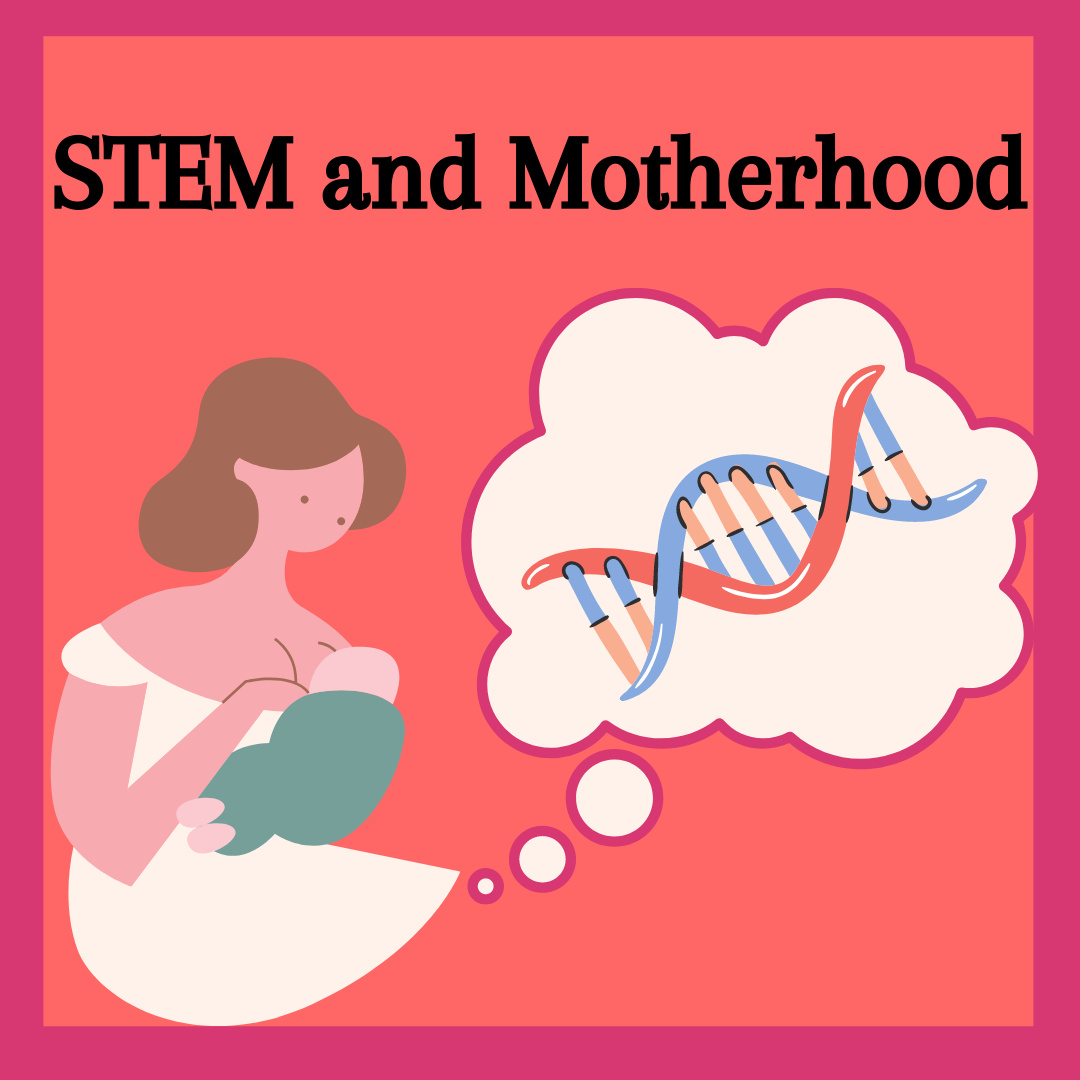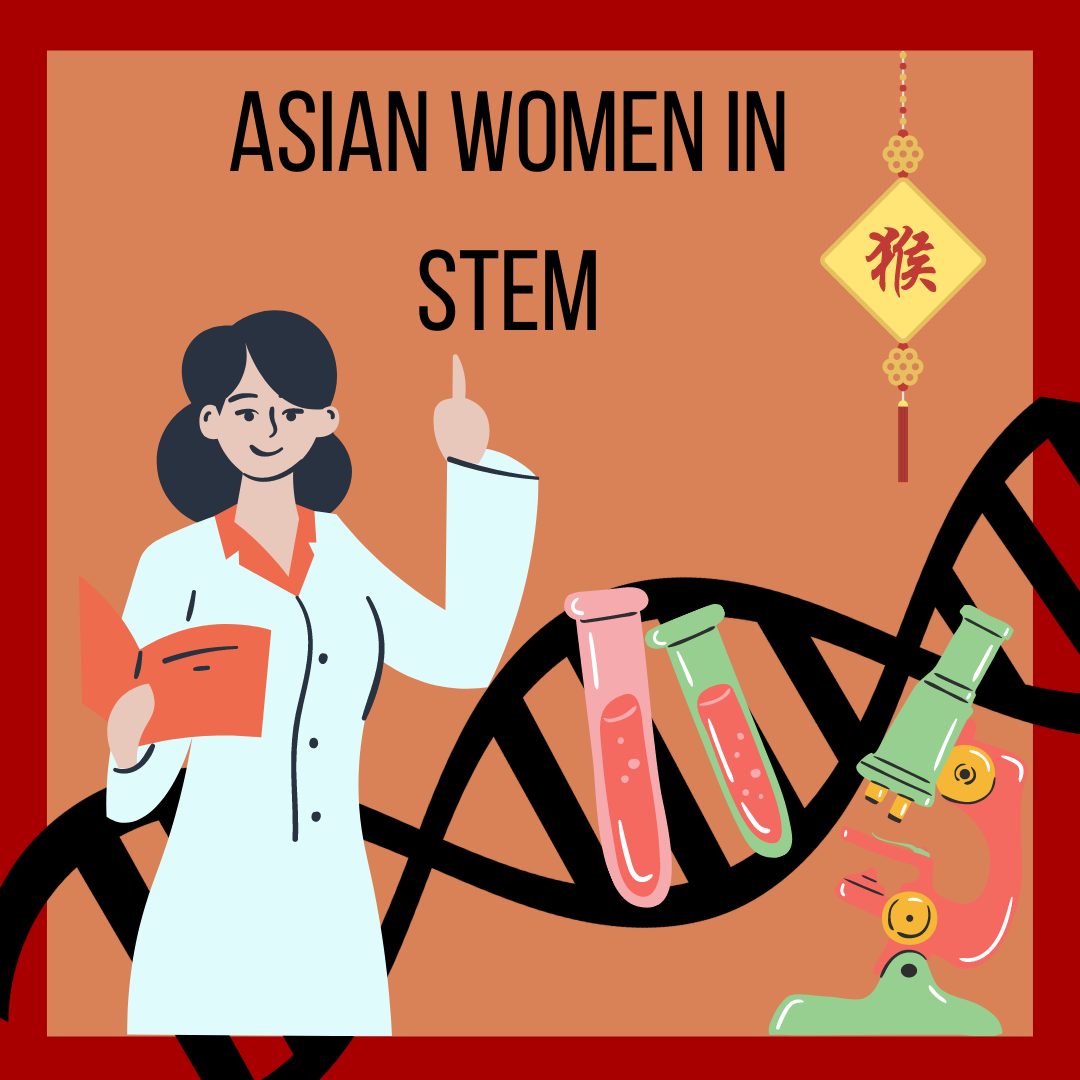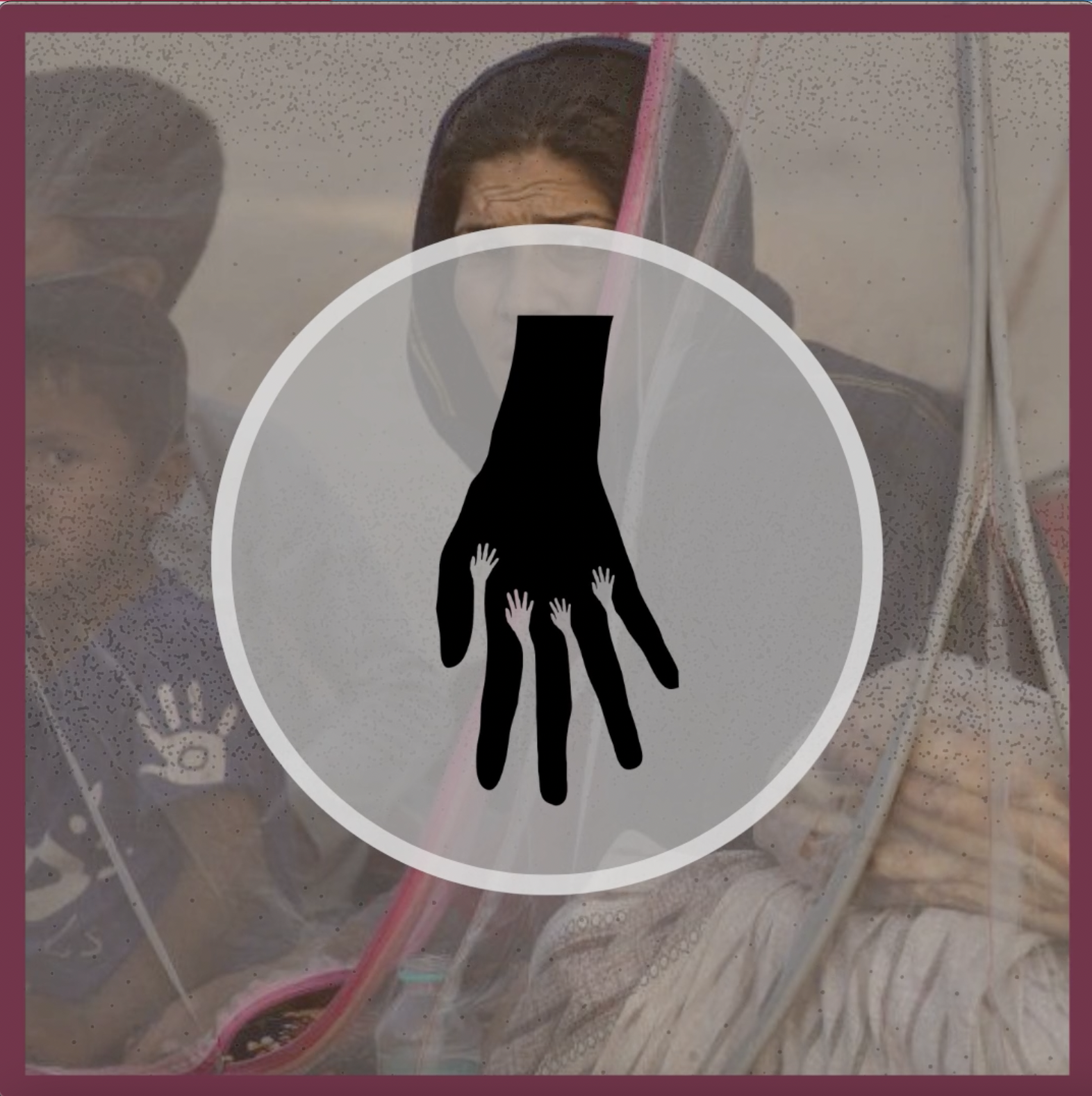We at MilkshakeFromMars aim to share and celebrate the stories of women in science. We want to highlight what they have achieved in highly discriminatory academic and work environments. And what better way to do this than hear the stories directly from these women themselves! So, today we have for you a biomedical engineer and her work with nanotechnology.
Vanessa Y. C. Li is a PhD candidate in biomedical engineering at the University of Toronto where she is aiming to remove barriers to diagnostic tests for remote and low-income regions of the world. A true inspiration and with advice worth sharing for your journey through science! Let’s get right in to the conversation.
What’s your story?
I lived in Calcutta, India for a number of years and completed high school there, and then I went on to do my BSc at the University of British Columbia in Vancouver- that’s where I’m originally from. I completed my BSc last year in chemical biology and have been passionate about chemistry and applications of it with biological systems – how I could utilise and apply it. So, I made a switch from science to applied science. Now, I am enrolled in a PhD programme in biomedical engineering at the University of Toronto.
Can you tell us a little about your work?
Our lab is known as the Integrated Nanotechnology & Biomedical Sciences laboratory (the Chan Lab) because we focus on developing nanoparticle for biological applications. My cohort, specifically, researches on development of point of care diagnostic tests and devices with nanoparticles for infectious diseases. This is especially advantageous for remote and low-income regions of the world because these areas lack established hospitals/laboratories for testing, making infectious diseases most prevalent in these regions. Point of care diagnostic test will allow the test to be portable and potentially home-based.
Sometimes I think about the movie Ant Man from Marvel and remember how he was able to miniaturise his lab into a briefcase to carry around anywhere, that’s how I think of point of care diagnostic devices!
Why did you choose to work with nanotechnology?
Even some of the smallest things on Earth can make a difference. It’s interesting to understand what happens scientifically when you reach such small scales. I do enjoy researching on how I can utilise nanoparticles to improve health outcomes. Other subgroups in my lab are trying to work with it for different applications like drug delivery to cancer tumours and understand its biological pathways. Nanoparticles has a lot of ways and forms that it can be used for

In your opinion, are we moving towards a more gender equivalent future in STEM?
The year that I went into UBC there were at least 3000 other science students- and we surprisingly had a majority of female students! Even here in Toronto, the biomedical engineering department is one of the most gender equivalent engineering departments in the faculty of applied sciences. At first that is surprising to hear! Like, really? Are you sure? But we’re definitely transitioning to a phase where there will be equality and gender diversity. In fact, it may happening even now and maybe we just can’t see it yet, but we are a part of that revolution!
I think it’s very comforting as a female in the field to hear that you’re not going to be alone in this journey.
What do you think it takes to be a successful researcher?
“Be endlessly curious”, I was once told by a colleague. Be aware of the science that is happening, and never be afraid to ask questions. Have grit while conducting scientific experiments, successes seed from failures and lessons.
You have to take failures as ‘this is an answer on to how I shouldn’t be doing it’. And always talking to your peers– they are the biggest help you can receive- they go through a lot of very similar experiences and are always willing to share. Communicating with them and the community can help you learn a lot about what it takes to become a successful researcher.
Do you think getting awards motivate scientists?
Awards are nice- I mean, who doesn’t get fueled by them. You get a good platform to advertise your science and research! But as a scientist, I am motivated by producing good quality data from my research.
What is it like being a scientist during the COVID-19 era? Has it changed how people see the field/ profession?
I think it has definitely made an impact. As researchers it has definitely prompted us to be more productive in the limited time we spend in the lab. Planning is key and necessary during the pandemic and will be still practiced post-pandemic, making me realised that work can be more efficiency done.
The COVID-19 pandemic has shown the spotlight onto developing diagnostic devices a lot more, which wasn’t as well-known previously. By being aware of the current situation and needs, we are working on something at the moment.
The generous funding from the Canadian government can be considered that science and research can be an answer to the pandemic through diagnostics, surveillance, vaccines and therapeutics. While the research develops in the lab daily, I hope everyone else is staying safe through these difficult times!

What is a change in perception you’ve had in your journey in the sciences so far?
While I was at a lab, a research associate once told me, “In life, you’ll have three parents: biological, marital, and academic; and only one of them you can choose. So choose wisely”. This conceptualised my idea of a graduate school supervisor. As important as it is to enjoy the research and science, it is also important to find an environment where you’re comfortable to be yourself and a scientist.
You went from undergrad right to working on getting your PhD- Congratulations! Was that a difficult transition?
Well, UBC gave me a lot of insight into graduate school, and I think that helped me prepare for it a lot. I volunteered and worked in research labs, sat in labs with students pursuing their masters/PhD- so I really got to see the celebrations and fallbacks happening- from getting your first paper published to getting a poor experimental data. Also, I was a part of the executive team for the undergraduate chemistry society at UBC where I gained more insight into what it was like to go into such a programme. I think it’s actually more difficult to transition from high school to college than from there to grad school.
Vanessa had some recommendations for TV shows/books/movies about science and even life that we think you should check out!
I was hungry to find people like me and learn from their paths. It makes you feel like you’re not the only one.
- ‘The Defining Decade‘ is a book for those in their 20s about how our urban tribe influences us with a message: who you surround yourself with matters.
- ‘Cable girls‘ is a women empowerment TV show on Netflix- add it to your next binge session!
- ‘Pursuit of Happiness’ is a film starring Will Smith where he’s out selling portable “box” ultrasounds while being apart of an internship program, the movie highlights his perseverance and grit to continue on with work he is passionate about.
Do you have any additional advice? There can never be enough.
For young people in science: There is so much more beyond our general ideas chemistry, physics, biology, and math that is not mutually exclusive. Theres a lot you can integrate. Be creative and really think outside the box with science, engineering, medicine.
For young women in science: Anything is possible. As long as you have passion, it will fuel your drive to keep moving forward.

Thank you for taking the time to speak with us in the middle of your hectic PhD candidacy! Best of luck for your work and we are honoured to feature a woman as candid and remarkable as you.
“Women in Science, we exist.” 🙂
Side note: Do yourself a favour and have a look at the Chan Lab where Vanessa works. You will be pretty blown away. 😉
If you like this post, you might like some of our other work too!
- March 2022
- August 2021
- July 2021
- June 2021
- May 2021
- April 2021
- March 2021
- February 2021
- January 2021
- December 2020
- November 2020
- October 2020
- September 2020
- August 2020
- July 2020
- June 2020
- May 2020
Subscribe to help us keep you updated each time we post something new!




Leave a Reply